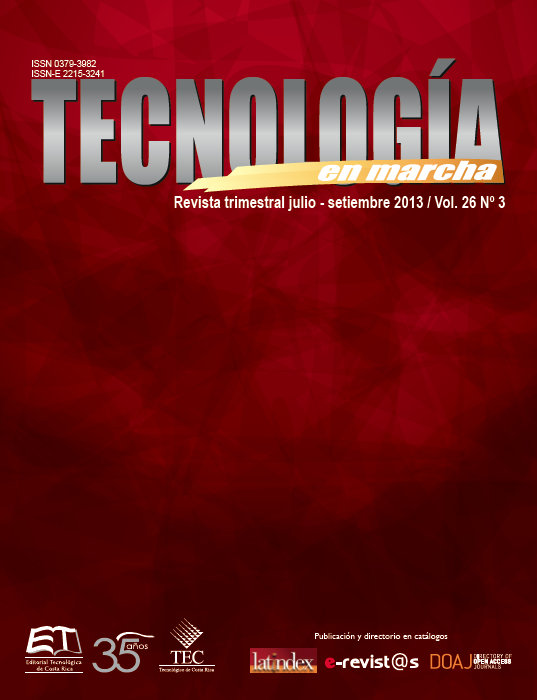El uso eficiente de la energía eléctrica en los ingenios azucareros como contribución al desarrollo sostenible de Nicaragua
Contenido principal del artículo
Resumen
En este artículo se aborda cómo el uso eficiente de la energía eléctrica contribuiría al desarrollo sostenible de Nicaragua y, por ende, a un cambio en la cultura de su utilización por parte del sector industrial, específicamente en los ingenios azucareros. En la actualidad, en Nicaragua se usan principalmente combustibles fósiles para generar energía eléctrica, lo cual causa contaminación ambiental, así como dependencia económica y tecnológica. Esto evidencia la necesidad de gestar un cambio de cultura que implique una forma de consumo eficiente y racional de la energía eléctrica. Para mejorar la eficiencia en el consumo de energía eléctrica y disminuir la alta intensidad energética, se requiere una gestión integral de energía que permita su ahorro. Además, se propone el empleo de tecnologías alternativas, tales como la cogeneración, la energía solar pasiva o la arquitectura bioclimática, domótica y la energía solar térmica de baja temperatura. Por lo tanto, se plantea el cambio de la cultura del uso de la energía, con el fin de emplearla eficientemente y, además, aprovechar otras formas alternativas de energía. Finalmente, se considera necesario educar con nuevos valores a los consumidores para construir una nueva cultura energética y ambiental que permita el aumento de la productividad, la competitividad y la reducción de impactos ambientales negativos derivados de la generación de energía eléctrica usando combustibles fósiles.
Detalles del artículo
Los autores conservan los derechos de autor y ceden a la revista el derecho de la primera publicación y pueda editarlo, reproducirlo, distribuirlo, exhibirlo y comunicarlo en el país y en el extranjero mediante medios impresos y electrónicos. Asimismo, asumen el compromiso sobre cualquier litigio o reclamación relacionada con derechos de propiedad intelectual, exonerando de responsabilidad a la Editorial Tecnológica de Costa Rica. Además, se establece que los autores pueden realizar otros acuerdos contractuales independientes y adicionales para la distribución no exclusiva de la versión del artículo publicado en esta revista (p. ej., incluirlo en un repositorio institucional o publicarlo en un libro) siempre que indiquen claramente que el trabajo se publicó por primera vez en esta revista.

